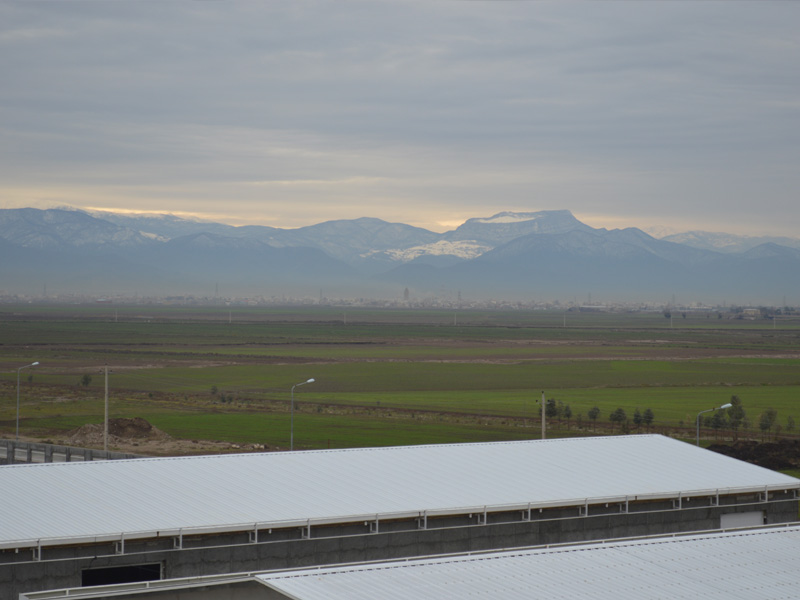EPS is a good example of an “Eco-Friendly”, “Ozone-Friendly” and “CFCs-HCFCs Free” product with its several environmental aspects as followings:
- The use of EPS for thermal insulation in the construction industry and buildings contributes in significant savings on heating and cooling buildings and a drastic reduction in the emission of polluting gases CO2 and SO2.
- EPS does not damage the ozone layer since it does not use CFCs or HCFCs in the manufacturing process.
- The transformation process consumes little energy compared to usual industrial processes and does not generate waste.
- The manufacturing processes and use of EPS in construction does not generate any risk to health or to the environment.
- As it does not biodegrade EPS does not contaminate the air or water with gases or hydro soluble substances.
- EPS makes up only a tiny part of Municipal Solid Waste (0.1%).
- It benefits the efficient use of natural resources with 95% of it as air.
- EPS packaging protects products, helping to reduce wastage and its lightweight nature helps to reduce fuel consumption.
- Fungi and bacteria cannot easily grow on EPS.
- Since the material is inert, unalterable and innocuous it can come into direct contact with foodstuff whilst complying with the laid down health and safety standards.

